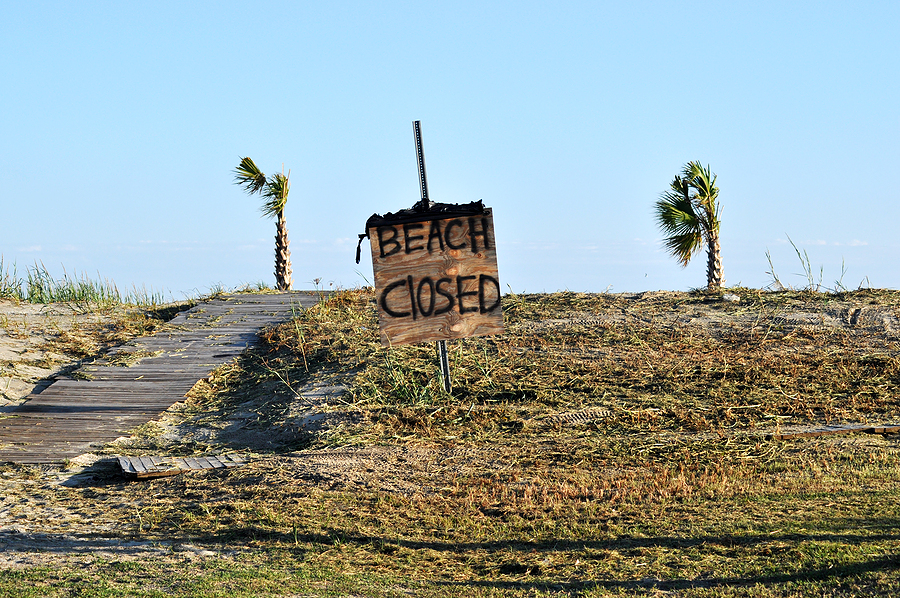The administrator of BP’s $20 billion Gulf oil spill fund announced new rules on how final payments will be determined in the highly criticized claims process, but the central payment formula remained unchanged from a proposal released earlier this month.
Kenneth Feinberg, the Washington lawyer who oversees the fund, said in a news release that he’ll begin making payments based on the rules.
He’s been criticized about the size and pace of payments. During a speech before the rules were released, Feinberg said Friday that he took into consideration hundreds of comments he has received in recent weeks, including numerous complaints that he wasn’t distributing enough money fast enough.
However, the plan announced Friday was largely the same as the proposal Feinberg made earlier this month, before more than 1,400 claimants, public officials and others weighed in on the matter.
Under the plan, claimants would receive twice their documented 2010 losses. Oyster harvesters would be offered four times their losses. One change is that he’s allowing is for oyster processors to collect the same payment that he’s allowing oyster harvesters to claim.
“I think the process is working well. I do think I’ve heard enough about lack of transparency and lack of consistency that we have to do something about that,” Feinberg told reporters after his speech at Mississippi College School of Law, which was hosting a forum on the oil spill.
Feinberg has been under pressure to streamline the process and be more generous with payments.
Some lawmakers have demanded the White House step in and provide more oversight of the program. Louisiana Gov. Bobby Jindal and others want a federal judge to intervene in the fund, which was set up to compensate for losses from the massive oil spill caused by the April 20, 2010, Deepwater Horizon disaster.
Feinberg, who was lauded for his work overseeing the compensation fund for 9/11 victims, insists he is being fair, but he said the volume of claims is immense.
There have been more claims filed in the oil spill program in one day than were filed during the entire 9/11 program, he said.
He said weeding out suspicious claims is another challenge, adding that there have been at least 8,000 suspicious claims submitted.
Feinberg said 254 claims that he denied were appealed to the U.S. Coast Guard. The Coast Guard sided with Feinberg and his Gulf Coast Claims Facility every time, he said.
“I think we’re doing something right,” he said.
Still, an Associated Press review published this week — based on interviews with legal experts, government officials and more than 300 Gulf residents — found a claims process beset by red tape and delay.
Feinberg said $3.6 billion has been paid so far on some 190,000 claims.
Was this article valuable?
Here are more articles you may enjoy.



 Florida Insurance Costs 14.5% Lower Than Without Reforms, Report Finds
Florida Insurance Costs 14.5% Lower Than Without Reforms, Report Finds  Kansas Man Sentenced for Insurance Fraud, Forgery
Kansas Man Sentenced for Insurance Fraud, Forgery  BMW Recalls Hundreds of Thousands of Cars Over Fire Risk
BMW Recalls Hundreds of Thousands of Cars Over Fire Risk  AIG’s Zaffino: Outcomes From AI Use Went From ‘Aspirational’ to ‘Beyond Expectations’
AIG’s Zaffino: Outcomes From AI Use Went From ‘Aspirational’ to ‘Beyond Expectations’ 

